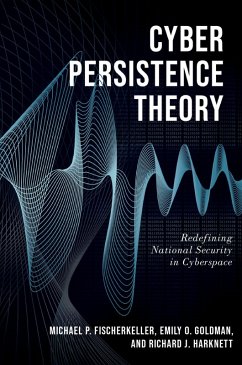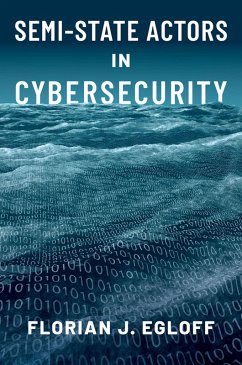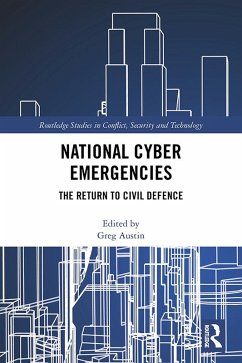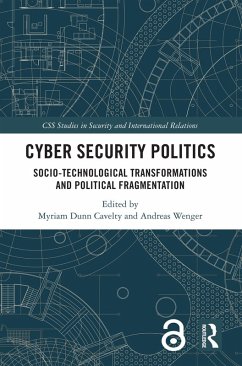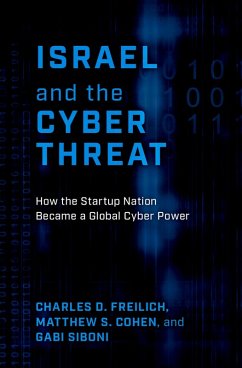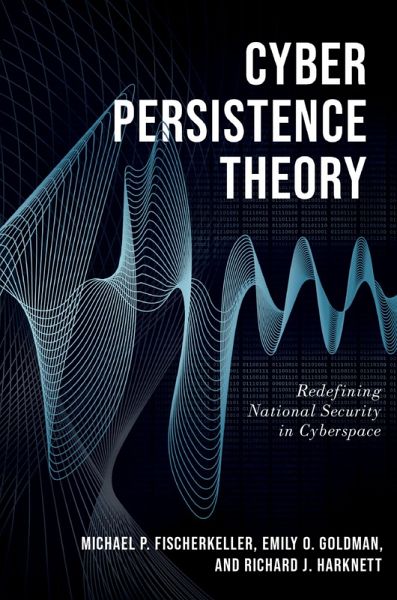
Cyber Persistence Theory (eBook, PDF)
Redefining National Security in Cyberspace
Versandkostenfrei!
Sofort per Download lieferbar
12,95 €
inkl. MwSt.
Weitere Ausgaben:

PAYBACK Punkte
6 °P sammeln!
A bold re-conceptualization of the fundamentals driving behavior and dynamics in cyberspace. Most cyber operations and campaigns fall short of activities that states would regard as armed conflict. In Cyber Persistence Theory, Michael P. Fischerkeller, Emily O. Goldman, and Richard J. Harknett argue that a failure to understand this strategic competitive space has led many states to misapply the logic and strategies of coercion and conflict to this environment and, thus, suffer strategic loss as a result. The authors show how the paradigm of deterrence theory can neither explain nor manage the...
A bold re-conceptualization of the fundamentals driving behavior and dynamics in cyberspace. Most cyber operations and campaigns fall short of activities that states would regard as armed conflict. In Cyber Persistence Theory, Michael P. Fischerkeller, Emily O. Goldman, and Richard J. Harknett argue that a failure to understand this strategic competitive space has led many states to misapply the logic and strategies of coercion and conflict to this environment and, thus, suffer strategic loss as a result. The authors show how the paradigm of deterrence theory can neither explain nor manage the preponderance of state cyber activity. They present a new theory that illuminates the exploitive, rather than coercive, dynamics of cyber competition and an analytical framework that can serve as the basis for new strategies of persistence. Drawing on their policy experience, they offer a new set of prescriptions to guide policymakers toward a more stable, secure cyberspace.
Dieser Download kann aus rechtlichen Gründen nur mit Rechnungsadresse in A, B, BG, CY, CZ, D, DK, EW, E, FIN, F, GR, HR, H, IRL, I, LT, L, LR, M, NL, PL, P, R, S, SLO, SK ausgeliefert werden.




